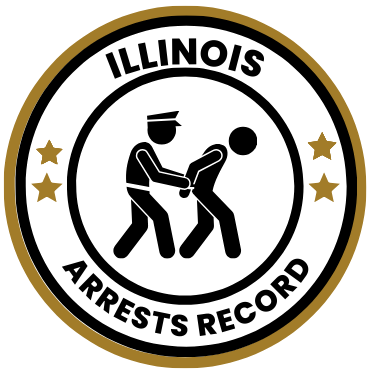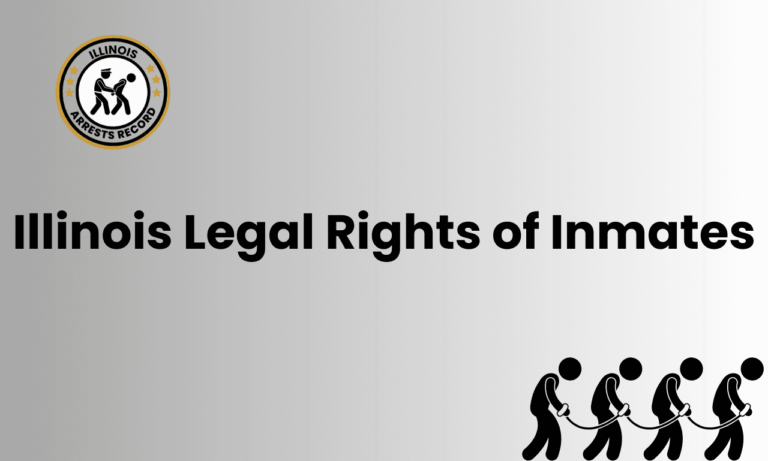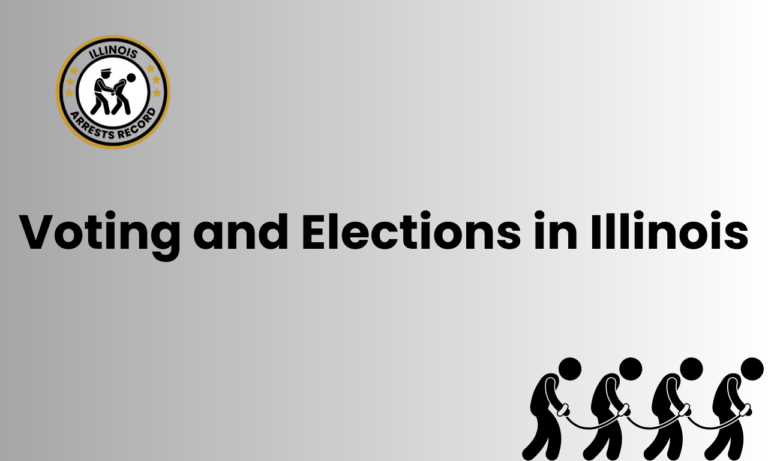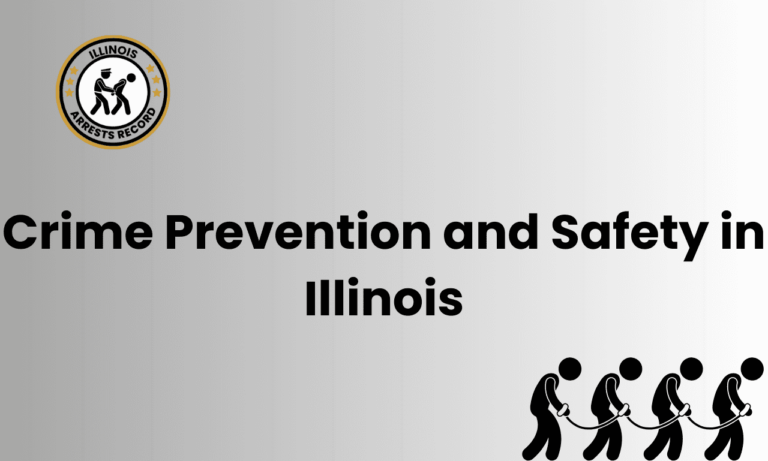Illinois Criminal Laws: A Comprehensive Overview
Discover the intricacies of Illinois criminal laws with our comprehensive overview. Whether you’re a legal professional, a law student, or simply someone interested in understanding the legal system, this informative guide is designed to provide you with a deep understanding of the criminal laws in the state of Illinois.
From the classification of crimes to the elements of each offense, our overview delves into the key aspects that shape the Illinois legal landscape. Gain insight into the different categories of crimes, ranging from misdemeanors to felonies, and explore the penalties associated with each. Uncover the crucial elements that must be proven to establish guilt, ensuring a thorough understanding of the criminal justice system in Illinois.
Classification of Crimes in Illinois
When it comes to Illinois criminal laws, one of the first things to grasp is the classification of crimes. Understanding the different categories of offenses is crucial for anyone seeking knowledge about the legal system in the state. By delving into the intricacies of these classifications, you can gain a comprehensive understanding of how the Illinois legal landscape operates.
Misdemeanors: Lesser Offenses with Serious Consequences
At the lower end of the spectrum, misdemeanors encompass a range of lesser offenses. These crimes are generally considered less serious than felonies but still carry significant penalties. It’s important to familiarize yourself with the different types of misdemeanors in Illinois, including Class A, Class B, and Class C misdemeanors, as well as the potential consequences associated with each.
Felonies: Serious Offenses with Harsh Penalties
On the other hand, felonies are the most serious offenses under Illinois criminal laws. They encompass a wide range of crimes, from serious drug offenses to violent crimes. Understanding the different classes of felonies, such as Class X, Class 1, Class 2, and Class 3, is essential for comprehending the severity of these offenses and the potential consequences for individuals found guilty.
Elements of Crimes: Establishing Guilt in Illinois
Now that you’re familiar with the classification of crimes, let’s explore the crucial elements that must be proven to establish guilt in Illinois. These elements vary depending on the specific offense but are the building blocks of any criminal case. By understanding these elements, you can gain insight into how the criminal justice system operates and how guilt is determined.
Actus Reus: The Criminal Act
One key element in establishing guilt is the actus reus, or the criminal act itself. This refers to the physical action taken by the defendant that constitutes the offense. It could be anything from theft to assault, and understanding the intricacies of the actus reus is crucial for comprehending the nature of the crime.
Mens Rea: The Criminal Intent
In addition to the actus reus, establishing guilt requires proving the mens rea, or the criminal intent. This refers to the mental state of the defendant at the time of the offense. Understanding the different levels of intent, such as purpose, knowledge, recklessness, and negligence, is essential for determining the severity of the crime and the appropriate penalties.
Causation: Linking the Act and the Result
Another crucial element in criminal cases is causation, which establishes a causal link between the defendant’s act and the resulting harm or consequences. Understanding how causation is established is vital for comprehending the legal framework and ensuring a thorough understanding of the criminal justice system in Illinois.
Exploring Penalties: Consequences for Criminal Offenses
Now that you have a solid understanding of the classification of crimes and the elements required to establish guilt, it’s time to delve into the penalties associated with criminal offenses in Illinois. Each category of offense carries its own set of consequences, and being aware of these penalties is essential for anyone interacting with the legal system in the state.
Misdemeanor Penalties: Balancing Justice and Rehabilitation
Misdemeanor offenses come with a range of penalties, depending on the severity of the offense. These penalties can include fines, probation, community service, and in some cases, incarceration. Understanding the potential consequences for misdemeanors is crucial for both legal professionals and individuals seeking to navigate the Illinois legal landscape.
Felony Penalties: Serious Consequences for Serious Crimes
When it comes to felonies, the penalties become significantly more severe. Depending on the class of felony, individuals convicted can face lengthy prison sentences, substantial fines, and other consequences that can have a profound impact on their lives. Familiarizing yourself with the potential penalties for felonies is crucial for anyone seeking to understand the criminal justice system in Illinois.
FAQ’s
A misdemeanor is a less serious offense compared to a felony. Misdemeanors are typically punishable by fines or imprisonment for up to one year. Felonies, on the other hand, are more serious crimes and carry higher penalties, including imprisonment for more than one year.
The penalties for crimes in Illinois vary depending on the severity of the offense. Misdemeanors can result in fines, community service, or imprisonment for up to one year. Felonies can lead to imprisonment for more than one year, hefty fines, or even life imprisonment in severe cases.
How does the Illinois criminal justice system work?
The Illinois criminal justice system follows a structured process. After an arrest, the accused is brought before a judge for an initial appearance. This is followed by pretrial proceedings, including arraignment, discovery, and plea negotiations. If the case proceeds to trial, the prosecution and defense present their evidence, and a verdict is reached. After the trial, there may be sentencing and the possibility of appeal.
For more comprehensive information on Illinois criminal laws, it is recommended to consult legal resources such as the Illinois Compiled Statutes, legal textbooks, or seek advice from legal professionals experienced in criminal law. These resources can provide in-depth knowledge and guidance regarding the intricacies of Illinois criminal laws.
Conclusion
By exploring the classification of crimes, the elements required to establish guilt, and the penalties associated with criminal offenses in Illinois, you have gained a deep understanding of the state’s legal landscape. Whether you’re a legal professional, a law student, or simply someone interested in the intricacies of the criminal justice system, this comprehensive overview serves as a valuable resource.







